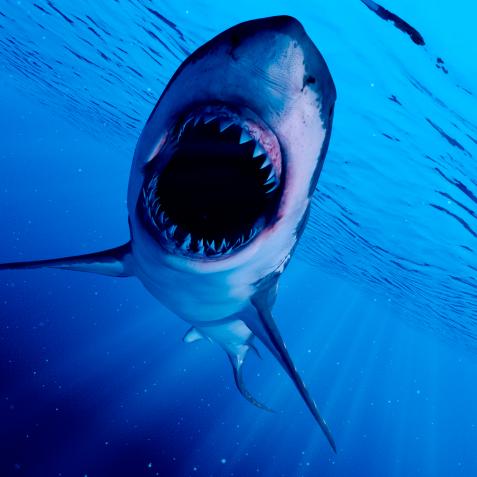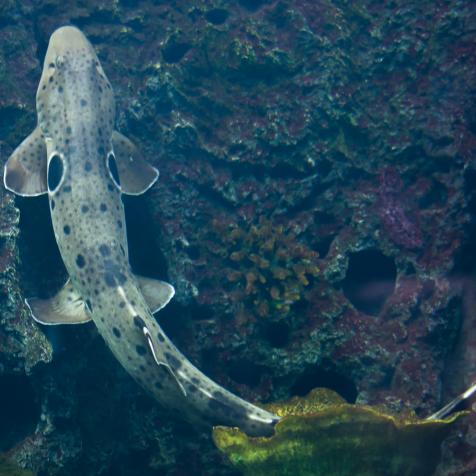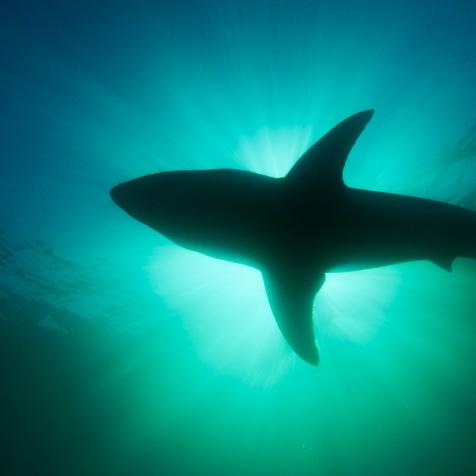
COVID-19 Vaccine Development Threatens Shark Populations
Conservationists warn that half a million sharks could be killed and harvested to develop the global supply of COVID-19 vaccines. But what do sharks have to do with vaccines? One word: squalene.
Sharks produce a natural oil in their livers called squalene, which is an ingredient currently used in flu vaccines. The World Health Organization (WHO) states on its Global Vaccine Safety site that each dose contains about 10 mg of squalene. 22 million doses have been administered since 1997. Why is squalene added to vaccines? The WHO says that, “Squalene is a component of some adjuvants that are added to vaccines to enhance the immune response.”
With the increased need for a COVID-19 vaccine to temper the pandemic around the world, the race is on among vaccine developers. But conservationists, like Shark Allies, are very concerned about what this means for shark populations that are already in decline—especially since five COVID-19 vaccine candidates include adjuvants with squalene harvested from sharks.

Rebecca-Belleni-Photography
Basking Shark feeding on plankton during the bloom in the Scottish waters off the Isle of Coll. Basking sharks are rich in squalene which makes them vulnerable to being killed and harvested for vaccine development.
In speaking with The Telegraph, the California-based conservation group warned that if the world's population received one dose of a COVID-19 vaccine containing squalene, around 250,000 sharks would need to be killed, depending on the quantities used. But if two doses are needed, this would likely increase to half a million sharks killed and harvested for their liver oil.
Shark Allies Founder and Executive Director Stefanie Brendl added, “Anything harvested from wild animals is not sustainable, especially since many shark species are endangered… If we continue using sharks, the numbers of sharks taken for this product could be really high, year after year after year.”
Brendl continued to clarify that the organization is not against the pursuit of vaccine developments but they just “hope that companies would test non-animal derived squalene...alongside shark squalene so that it can be replaced as soon as possible." At-risk shark species that are rich in squalene include gulper and basking sharks.


















